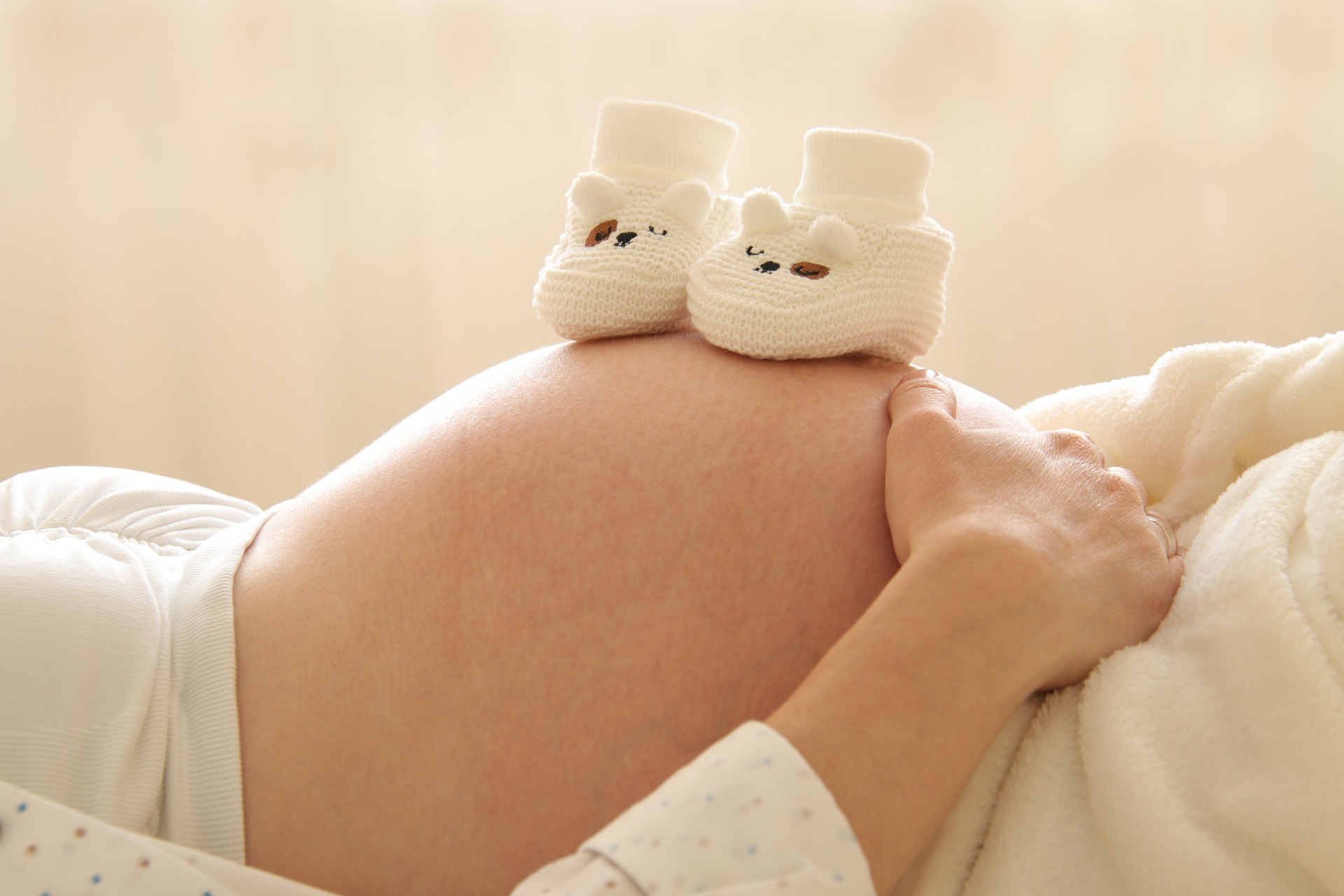Getting pregnant is an exciting time, but it can also be a stressful one. It may take time to conceive, and there are no guarantees. But primarily, preparing for this huge change in your life and realizing it is a joy that no amount of money can buy.
The joys of getting pregnant are a unique experience that can bring immense joy and happiness to a family. Many women view pregnancy as a time full of growth and change, and while it can be challenging, it is also incredibly rewarding.
From tracking your ovulation cycle to avoiding alcohol and smoking, these tips can help make your journey to conception successful.
1. Track Your Ovulation Cycle
Knowing when ovulating is key to getting pregnant. Using a fertility monitor or tracking your body’s signs of ovulation can help you determine when the best time to conceive.
2. Have Regular Intercourse
Timing is important for conception, and having regular intercourse two to three times a week can help you increase your chances of getting pregnant.
3. Eat Healthy Foods
Eating nutrient-rich foods is important for your reproductive health and can help you conceive. Load up on fruits, vegetables, and lean proteins, and limit your intake of processed and junk foods.
4. Avoid Alcohol and Smoking
Both alcohol and smoking can affect fertility and increase the risk of miscarriage. Avoiding these substances entirely is the best way to increase your chances of conceiving.
5. Get Regular Exercise
Being active can help regulate your menstrual cycle and improve your fertility. Aim to get at least 30 minutes of exercise each day and focus on activities that are low impact, such as walking, swimming, and yoga.
6. Get Enough Rest
Resting and getting enough sleep can help your reproductive system function better, so try to get at least eight hours of sleep each night.
7. Take Supplements
Taking supplements like folic acid and omega-3 fatty acids can help improve fertility and increase your chances of getting pregnant. Talk to your doctor about the proper dosage and type of supplements for you.
8. Reduce Stress
Stress can affect your fertility, so it’s important to manage stress in healthy ways. Practicing relaxation techniques like yoga and meditation can help reduce stress and improve your chances of conceiving.
9. Visit Your Doctor
If you’ve been trying to conceive for more than a year without success, it’s a good idea to visit your doctor. They can help you identify any underlying issues and help you find solutions.
Key Takeaway
When it comes to getting pregnant, knowing when to take a pregnancy test can be an important part of the process. Generally, it’s best to wait until your period is a few days late before taking a test. This will ensure that the test is more accurate. However, you may want to take a test earlier if you have irregular periods. If you’re still unsure, it’s best to contact your doctor for advice.
If you are planning to become pregnant, it is important to take good care of your health. Make sure to eat a balanced and nutritious diet, get regular physical activity, and take any vitamins or supplements prescribed by your doctor. Maintaining regular gynaecological check-ups and screenings is essential to ensure your reproductive health is in good shape. Finally, talk to your doctor about any questions or concerns about your health and fertility.
Getting pregnant is a process, and it can take time. However, following these tips can help you increase your chances of success. Remember to be patient and take care of yourself during this exciting time.



















